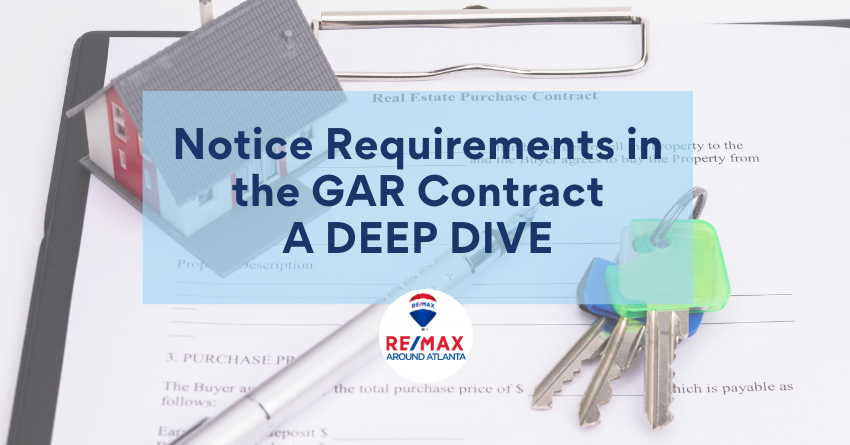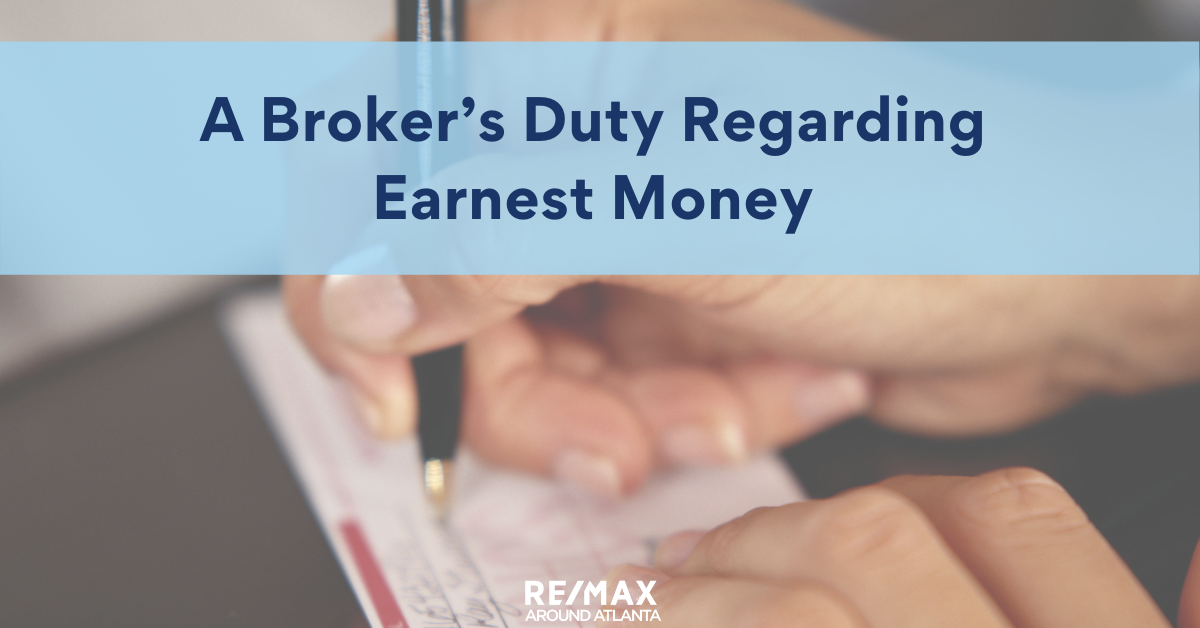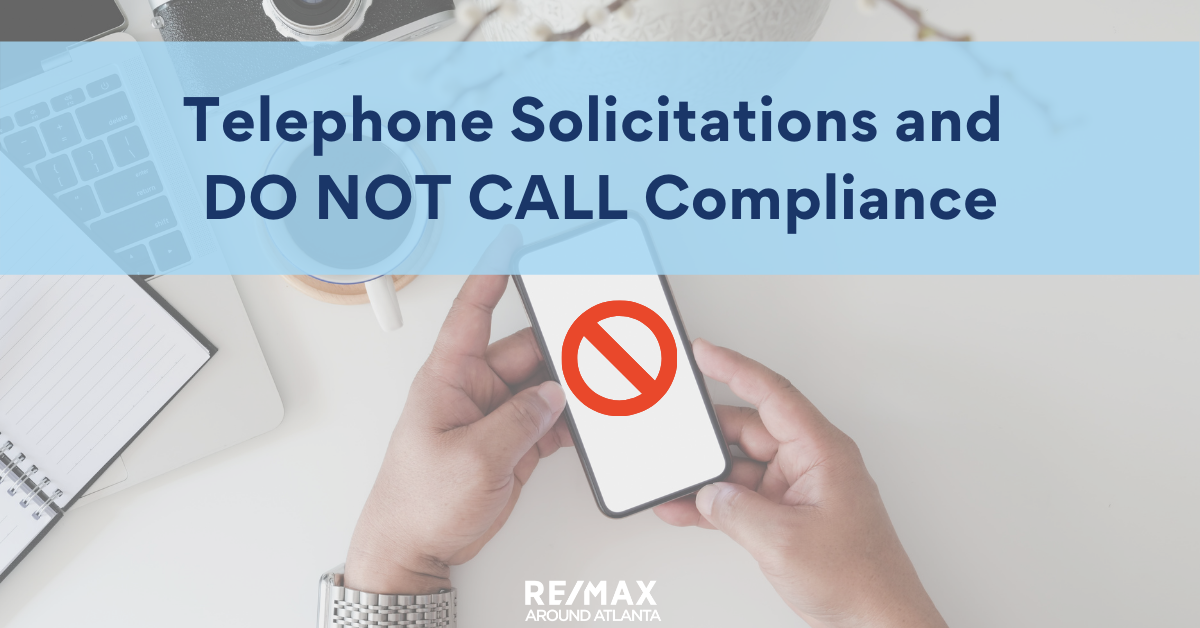|
Fair Housing testers are out in Metro Atlanta. Although you may have attended many Fair Housing seminars and think you know the ins and outs of staying compliant, you can get caught in an innocent situation and be found liable for a fair housing violation. The Department of Justice brings suit on behalf of the United States to enforce the Fair Housing Act. The Georgia Commission on Equal Opportunity determines violations of the Georgia Fair Housing Act. Suit can be brought by either or both for Fair Housing Violations. There are multiple ways to get caught in the Fair Housing net. One is through Fair Housing Testers and another is having a complaint filed by protected class members that think they have been treated unfairly. The Testing Process Fair housing testing is a strategy used to determine whether people looking for housing are being treated differently, based on their membership in a protected class. Testers are looking for differences in the quality, content, and quantity of information and services provided to seekers of apartments and houses. The testing process often begins when an individual with a protected characteristic (e.g., race or national origin) files a complaint with a private fair housing advocacy organization that he or she has been treated unfairly. The process can also be random, without a complainant initiating it. The characteristics that are most commonly the subject of testing are race, disability, familial status, and national origin. To determine if discrimination played a part in an applicant’s rejection or in the treatment the individual received, the advocacy group, many of which are funded by HUD, will send a “comparable” person to inquire about renting a unit at the same complex or purchasing a home from the same sales agent. A testing method that is currently being used in Atlanta involves using 3 different callers to the same agent. One is African American, another Hispanic and the third Caucasian. All ask the agent if the property is available. All ask for more information. If the agent tells one caller about the community amenities, but doesn’t tell the others, a flag is raised as possible evidence of discrimination. If an agent requires a pre-qualification from one, but not others, a flag is raised. If an agent spends more time on a call with one caller, a flag is raised. Sales agents do not use set scripts. An agent may have more time to talk or may not have any time. Although the 3-caller method is supposed to be fair, maybe it’s not, but it is being used. The key is to be consistent in that initial call. Ask consistent questions. Give consistent information. Be available for a follow up call or appointment. Don’t give the impression that you’re too busy for a call. That call may just be a tester looking for red flags! Recently, an RMAA agent was accused of a Fair Housing violation by an applicant for a rental. The Complainant was treated the same way that the eventual tenant was treated. The home was presented to both in the same way, with private appointments. Both were sent applications for rent, including income and credit checks. A third-party verification database was used to process and assess the rentability of each applicant. The Complainant was informed that there was another application in process for rental of the house. Both applicants were considered at the same time. The eventual renter had a slightly higher credit score, although both were more than adequate. The Complainant’s third-party report suggested that the income may not be as high as stated in the application. The Caucasian applicant got the house. The African American applicant filed a complaint with the Georgia Commission on Equal Opportunity, stating that she was denied based on race. Fortunately, the Complaint was found to have “No Reasonable Cause” for a violation. Evidence of equal treatment of the 2 applicants and the superior third-party report were important factors. To prevail under the Georgia Statute, the Complainant must show that: To prevail under the Georgia Statute, the Complainant must show that:
0 Comments
If there are previous listing brokers or buyer brokers that represented a prospect that wants to be your client, what are your responsibilities?
These situations come up daily. A seller or a buyer wants to change agents and calls you. Or a buyer is referred to you, but the buyer had been looking at houses with another agent. Or you want to list a property that has been listed by another broker. Be very careful. You could be violating both Georgia law and the NAR Code of Ethics. Each carries its own consequences. If there is an active written agreement with another broker and the prospect, you have to honor that agreement and back away until you are certain that no active agreement exists. Even if a brokerage agreement has expired, there may still be a protection period that has to be honored. These rules need to be top of mind:
Interest rates are up! If you haven’t heard interest rates over the last few weeks have popped up into the low – mid 3% range for a conventional 30 year fixed with good credit. Of course, you can still pay points to buy the rate back into the upper 2’s but help your clients that pre-approved 3+ weeks ago know that this was a market move. I do think that rates moved a little fast and I wouldn’t be surprised if we see a bit of a pullback over the next week or two. But the general trend is a slow increase throughout the rest of 2021 with rates predicted to end the year in the upper 3’s. We are going to host a 15-30 minute Zoom meeting next week to talk more about rates, where I think they are heading, and what to expect for the Spring market. Be sure to sign up!
Earnest Money Defined
Earnest money is the buyer’s commitment of funds to indicate a serious desire to buy a property. It is customary, but it is not a legal requirement for a binding sales contract. The mutual promises to exchange valuable assets provide the legal consideration, if there is no earnest money. In this hot Seller’s market, an offer without earnest money may not even be considered. The Holder and the Amount of Earnest Money The amount of earnest money is a matter for negotiation between the parties and varies with the circumstances of the transaction and the relative negotiating power of the parties. If the buyer pays a small amount of earnest money and later decides not to buy, they may be more willing to forfeit the earnest money and walk away from the contract. On the other hand, a substantial earnest money deposit offers more protection against the possibility of a buyer’s breach. The Holder of the earnest money is also up for negotiation. In the Atlanta market, the Buyer’s broker generally holds the earnest money. In other markets, like Savannah, it is the opposite. There is also a trend to the closing attorney holding the funds, as attorneys are generally seen as neutral third parties. Telephone Solicitations and DO NOT CALL Compliance
It is the policy of RMAA to comply fully and completely with all federal and Georgia state laws and regulations regarding telephone solicitations. Federal and Georgia law and regulations prohibit the making of unsolicited telephone sales calls to homeowners who have entered themselves on the National Do Not Call (“DNC”) list. The Company also maintains an in-house DNC list. It is the responsibility of every employee or licensee to check both lists and to be certain not to make an unsolicited sales call to a person on either list. If the Company is fined due to a violation of the DNC laws and regulations, the Associate is responsible for the fine and will be billed accordingly. The FTC has a fully automated and secure website — telemarketing.donotcall.gov — to provide access to the National Registry’s database of telephone numbers, sorted by area code. The National Do Not Call registry requires a fee, which must be paid by the Associate. For fiscal year 2020, the annual fee is $66 for each area code of data accessed or $18,044 for access to every area code in the registry, whichever is less. The first 5 area codes of data may be accessed at no charge. |
RMAAReal Estate News, Brokers Blog & More Categories
All
Archives
July 2024
|







 RSS Feed
RSS Feed